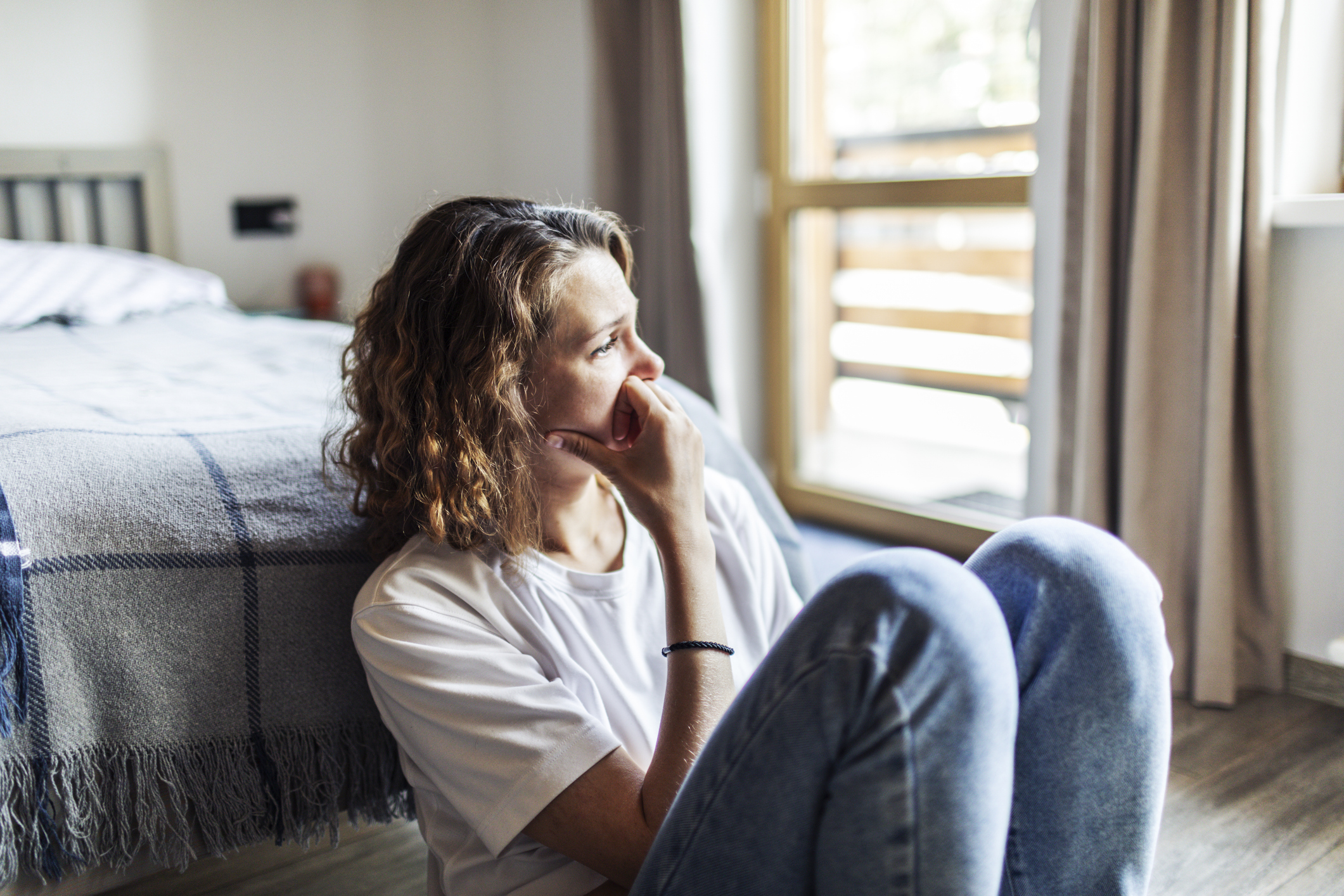FACE to FACE™
Intensive Outpatient Program (IOP)
Extensive acute care with more flexible implementation
Matching intensive treatment to each individual’s needs
The FACE to FACE Intensive Outpatient Program (IOP) offers many of the same clinical benefits as the PHP program, delivered with more flexible scheduling and duration. IOP clients receive care from the same highly-trained team of doctors, psychiatric nurse practitioners, clinicians and nurses who serve PHP clients. But IOP may be appropriate for individuals who don’t require the full-day or consecutive-day care of the more intensive program.
Comprehensive
care
Flexibility to meet
clinical goals
Balancing treatment
needs
Rigorous support
and care
IOP offers many of the psychiatric and therapeutic benefits of the FACE to FACE PHP , including individual therapy, group sessions, medication management, and skill-building workshops. Scheduling can be adjusted to ensure sessions are provided on a more flexible basis, either in half-day blocks or on an every-other-day basis. IOP participants receive care from the same skilled team of psychiatrists, therapists, and mental health professionals to ensure care is well matched to the needs of each individual. Your New Oakland team can help decide if IOP is the right choice for you.

What is IOP?
IOP stands for Intensive Outpatient Program, a structured mental health treatment offering therapy and support several times a week, while allowing participants to live at home and maintain daily activities.

Who can benefit from IOP?
IOPs are ideal for individuals needing more support than weekly therapy but not requiring PHP or inpatient care. It’s for individuals managing mental health issues like anxiety, depression, or addiction.
Key Questions
Programs typically last from one to several weeks, with sessions occurring three to four days per week. The duration and intensity depend on individual needs and progress.
Yes, IOPs offer sessions to accommodate work, school, or family commitments, making it a practical option for many.
Most insurance plans cover IOP services. Coverage varies. Contact the New Oakland team at 800-395-3223 to help determine if IOP is a good clinical option for you from both a clinical and coverage standpoint.
IOPs use evidence-based therapies like cognitive-behavioral therapy (CBT), dialectical behavior therapy (DBT), group therapy, and individual counseling tailored to each participant’s needs.
Yes, IOP care can be a common step-down option after PHP treatment or even inpatient hospitalization, helping individuals maintain progress while adjusting back to daily life.
